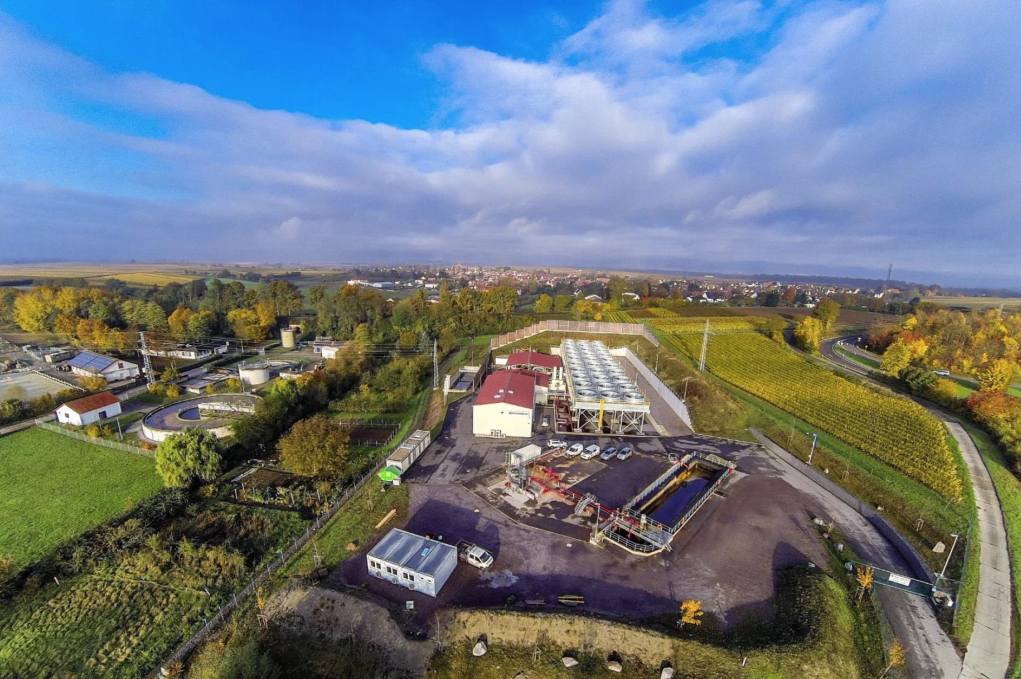Vulcan Energy starts its first lithium chloride production in Germany

Lithium supplier Vulcan Energy on Wednesday announced the start of production of the first lithium chloride at its extraction plant in Germany using geothermal energy, an essential step toward producing battery-grade lithium hydroxide.
“To the best of our knowledge, it is the first locally produced resource, meaning that the lithium comes from Germany, from the resource underneath our feet,” Vulcan Energy chief executive Cris Moreno told Reuters.
Vulcan Energy has obtained licences for more than 1,000 kilometres of land in Germany’s Upper Rhine Valley region to extract super-hot lithium-rich brine from underground reservoirs, using the heat to produce electricity and draw out lithium from the brine.
The European Union has set targets to dig up, recycle and refine lithium, cobalt and other metals it needs for its green transition, but a shortage of new money, crippling energy costs and local opposition could put them beyond reach.
The German government has created a 1.1 billion-euro investment fund to fortify the nation’s access to critical raw materials essential for high-tech and green projects, Vulcan Energy said in February.
The company, which is listed both in Australia and Frankfurt, already has offtake agreements with automakers including Volkswagen, Stellantis and Renault. It said its lithium extraction optimization plant in Landau, Germany, showed strong early results, with lithium extraction efficiency consistently above 90%.
The results, following three years of in-house piloting, replicate what Vulcan has seen in its lab and pilot plant operations, and are in line with its commercial plant expectations and Vulcan’s financing model, the company added.
Vulcan’s lithium chloride output will be converted into battery-grade lithium hydroxide at the company’s new conversion plant in Frankfurt in the second half of the year, Moreno said.
The company is raising funds for its first large- scale industrial plant, with an expected annual output of 24,000 tonnes of lithium hydroxide, equivalent to 500,000 electric vehicles, to be commissioned by the end of 2026.
“We’re looking to close the financing in the next probably four to five months,” Moreno added.
In February, Vulcan Energy said it passed the preliminary examination of the European Investment Bank (EIB) for debt financing of up to 500 million euros ($537.15 million).
($1 = 0.9308 euro)
(By Riham Alkousaa; Editing by Matthew Lewis)
More News
PDAC video: Energy Fuels produces rare earths using fast process, CEO says
The company made on-spec neodymium-praseodymium in less than a week at its White Mesa uranium mill.
April 02, 2025 | 12:52 pm
PDAC JV video: Namib Minerals restarts Zimbabwe mines, kicks off DRC exploration
A feasibility study is underway to increase the How gold mine's output from last year’s 27,000 oz. total.
April 02, 2025 | 11:54 am
{{ commodity.name }}
{{ post.title }}
{{ post.excerpt }}
{{ post.date }}



Comments